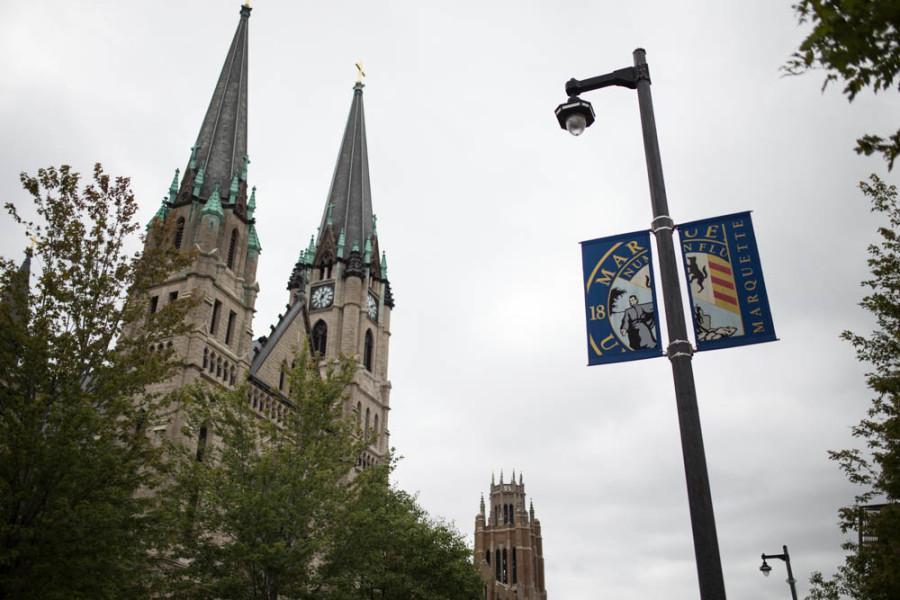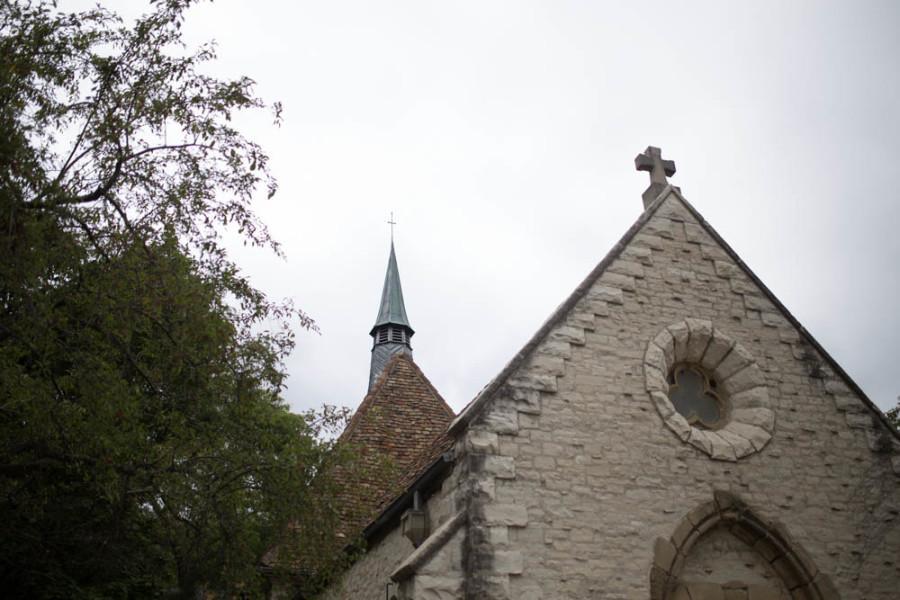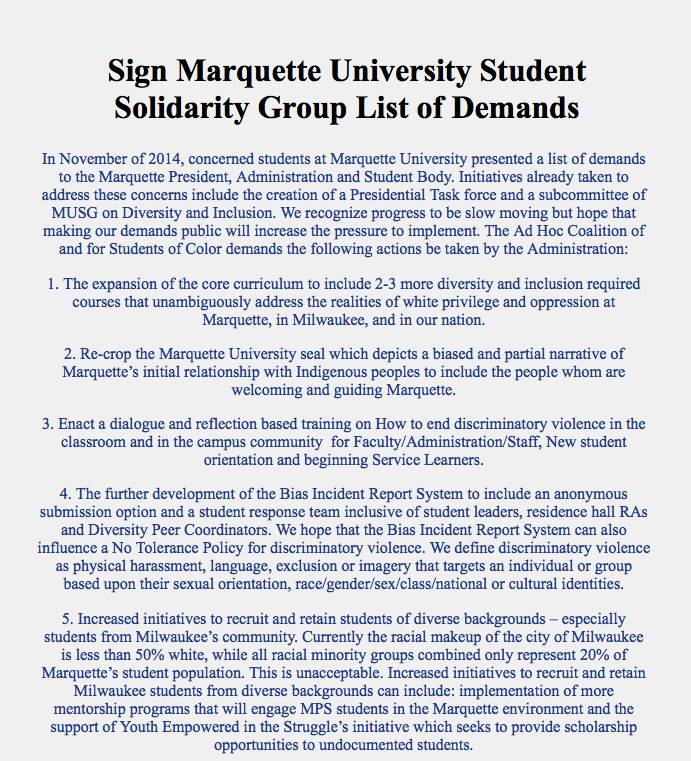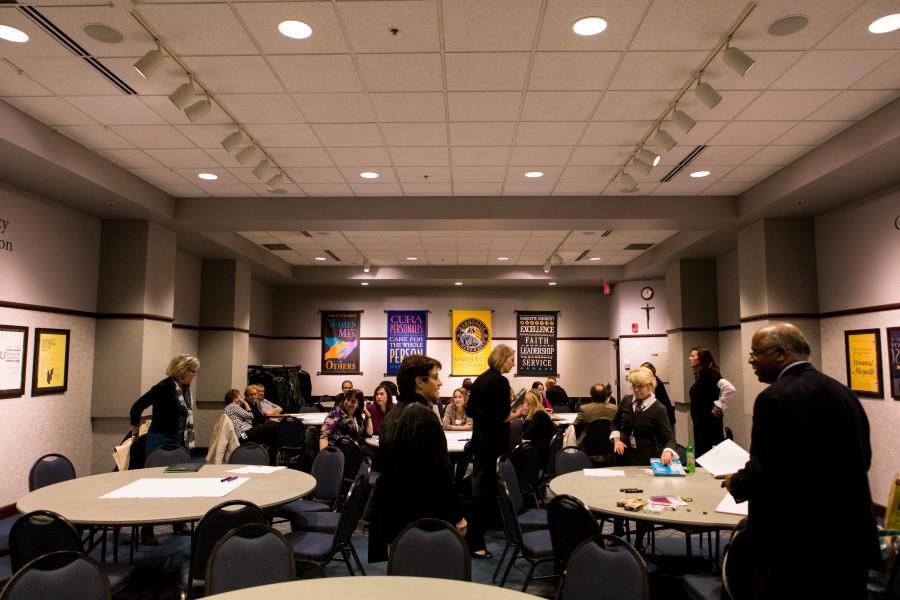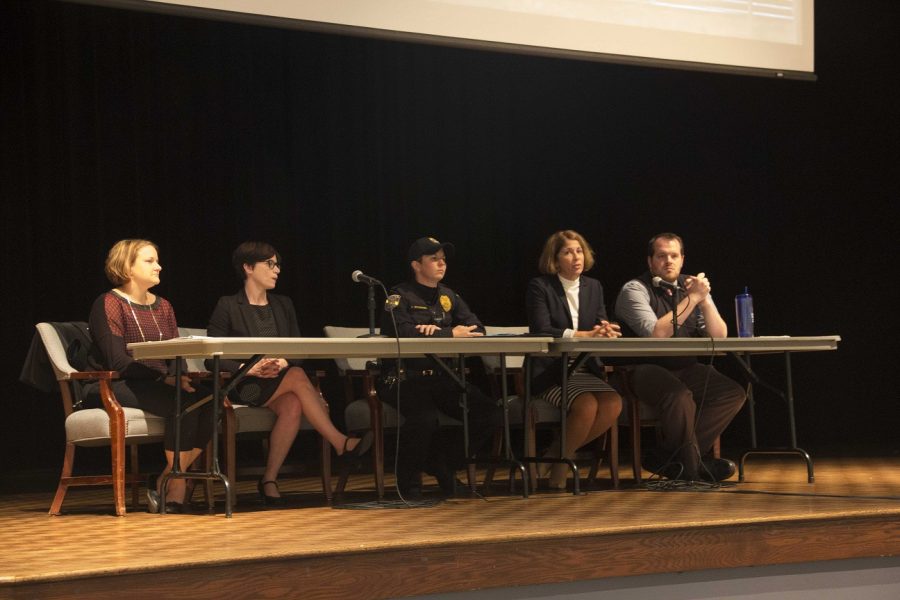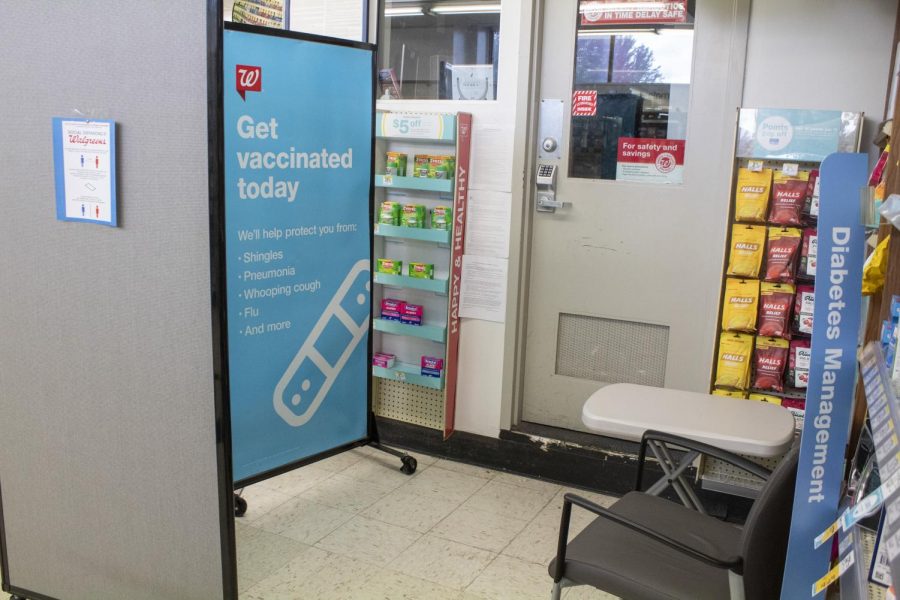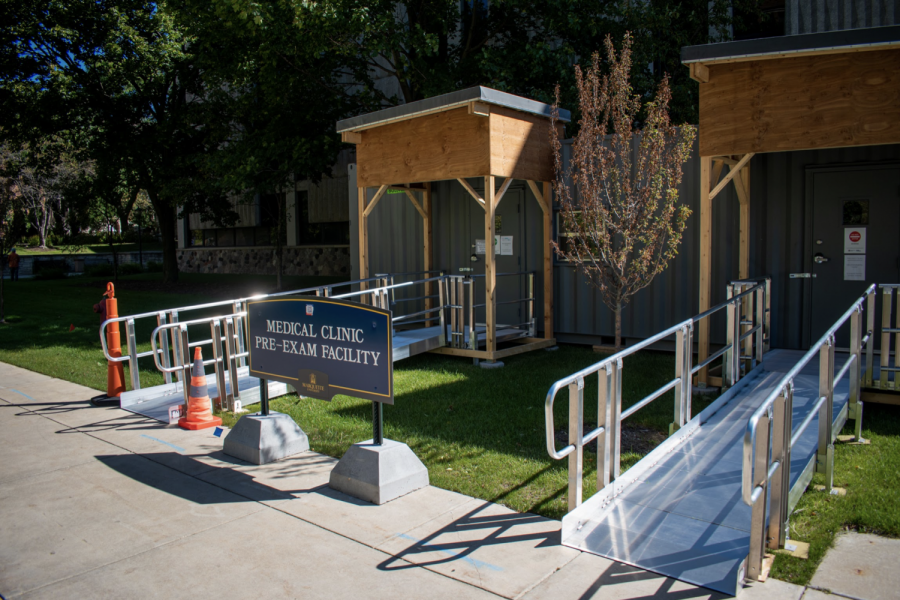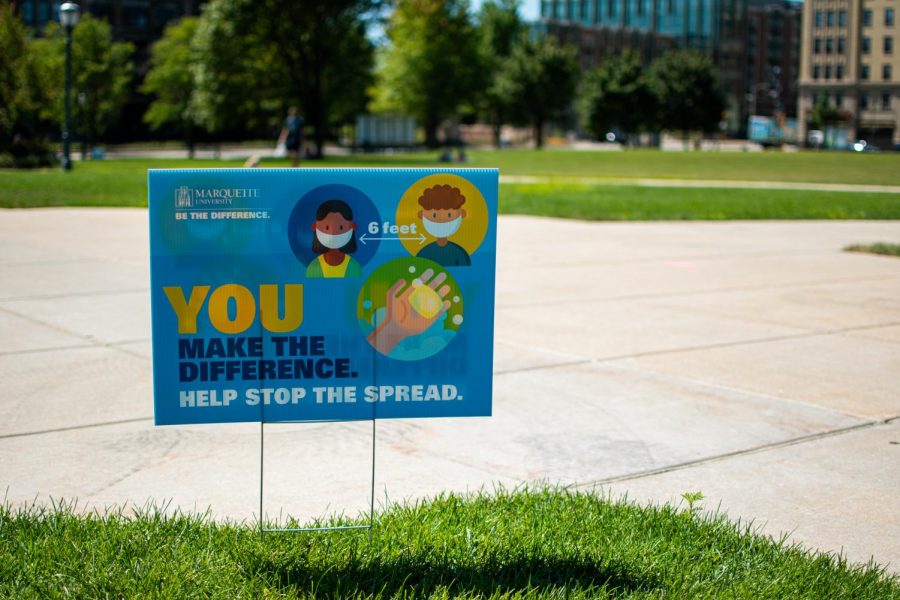Of 186 climate study participants who reported being victims of sexual assault, 35.5 percent reported they did nothing about it, according to the Marquette Climate Study conducted in February.
“Our concern as a university is with a result that suggests 11.3 percent sought out support from a campus resource, and even fewer sought support from individuals,” William Welburn, associate provost for diversity and inclusion, said in an email.
Sue Rankin, climate study consultant, said Marquette’s study results are comparable to other university studies she has conducted. The study surveyed Marquette staff, faculty and students.
With the results in mind, the university continues its focus on supporting victims of sexual assault.
“There is a person and a story behind every (number),” Welburn said in an email.
Marquette offers programs to educate students about sexual assault and sexual violence. Incoming students are required to take Haven, an online program with information about sexual assault and how to prevent and respond to it. New students are also required to attend an in-person training within the first six weeks of classes.
“The bulk of the training is meant to give students basic facts and an understanding of sexual violence, some forms it can take and the effects it can have on our community,” Emily Schumacher-Novak, coordinator of advocacy services and sexual violence prevention and education, said in an email.
Schumacher-Novak said education on the issue is highly important, as it encompasses a two-fold goal to prevent and respond to sexual violence.
The Marquette Medical Clinic established mandatory bystander intervention training for sophomores this year. With the bystander intervention training, in addition to the freshman programming, Schumacher-Novak hopes students will gain knowledge that offers broader applications to the community.
“With these trainings we hope to plant some seeds that will reflect an opportunity for students to think critically about who they will become both as individuals and members of the Marquette community,” Schumacher-Novak said in an email.
A number of related awareness-raising events will take place on campus in fall and spring. The annual Teal Out poster campaign begins this week, allowing students to display teal ribbon posters in their residence hall windows. More awareness events will take place in April, which is Sexual Assault Awareness Month.
“These (programs) were all in place before we received the results of the climate survey,” said Schumacher-Novak in an email. “As we are able to spend more time with the results, we are hoping they will guide our implementation and shape the way we go about achieving these goals.”

